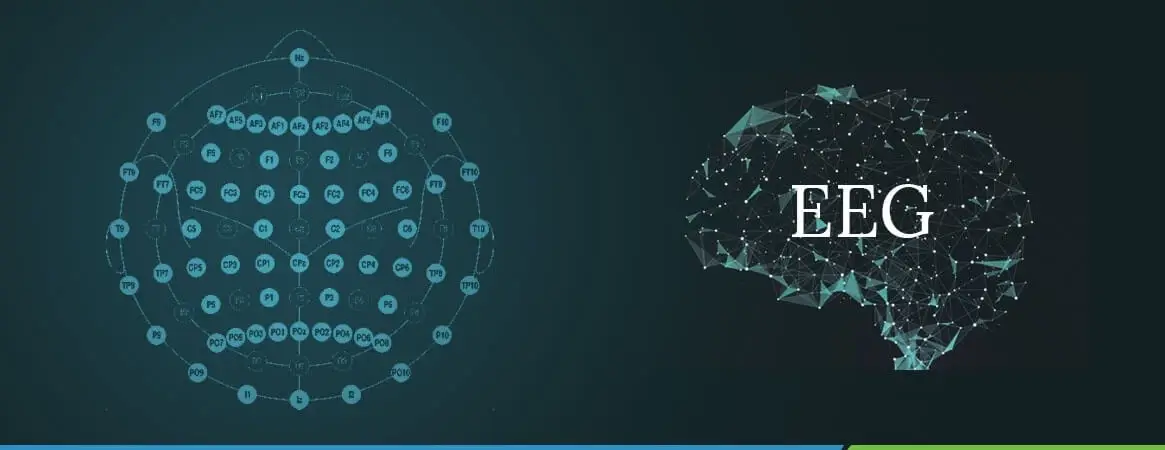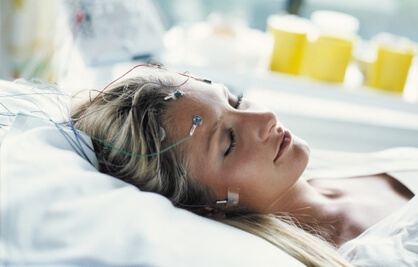EEG Recording - Electroencephalogram
Treatment Areas
- +
- +
- MAIN PAGE +
- BIOGRAPHY +
- +
- GALLERY +
- CONTACT +
- +
- +
- +
- +
- +
- +
- +
- +
- +
- +
- +
- +
- +
- +
- +
- +
- +
- +
- +
- +
- Prof. Dr. +
- Treatment Areas +
- - Multiple Sclerosis
- - Epilepsy - Sara's Disease
- - Alzheimers
- - Dementia
- - Dementia, Alzheimers
- - Migraines and Headaches
- - Parkinson's Disease
- - Sleeping disorders
- - Stroke - Paralysis
- - Hand, Foot Numbness
- - Muscle Weaknesses
- - Peripheral Neuropathy
- - Brain Related Infections - Tumors - Degenerative Diseases
- - EMG - Electromyography
- - EEG Recording - Electroencephalogram
- - Long Term Video EEG
- - Visual Evoked Potentials - VEP Test
- +
- - Diagnosis and Treatment
- - What is Multiple Sclerosis?
- - Alzheimer's Disease
- - Epilepsy
- - How Should
- +
- +
EEG Recording - Electroencephalogram
An EEG - Electroencephalogram is a neurological test that measures the electrical activity of your brain. It is used to help diagnose and monitor a wide variety of conditions that affect the brain, from epilepsy to sleep disorders.

EEG - How Does an Electroencephalogram Work?
An EEG - Electroencephalogram is a neurological test that measures the electrical activity of your brain. It is used to help diagnose and monitor a wide variety of conditions that affect the brain, from epilepsy to sleep disorders.
Your brain cells communicate with each other using tiny electrical signals or impulses. EEG Capture - During an electroencephalogram, your doctor attaches small metal discs called electrodes to your scalp, where they monitor the electrical activity in your brain.
Neurologists know how to read the electrical changes in the brain and can distinguish between these changes and disorders, which provide important information for certain disorders.
What Is EEG - Electroencephalogram Used For?
EEG Capture - Electroencephalogram is one of the main diagnostic tools for epilepsy and other seizure disorders. It may also be useful for diagnosing or treating the following problems:
Stroke
Sleeping disorders
Head Injuries
Glioma
Brain Inflammation or Dysfunction
Dementia or Alzheimer's Disease
Creutzfeldt-Jakob Disease
What to Expect During the Test?
EEG Recording - During the electroencephalogram, the electrodes are attached to your scalp with a conductive paste. The electrodes have wires that extend into a recording machine, receive the signals and translate them into patterns on a screen or on a paper printout.
During the test, you are asked to relax and keep your eyes closed because movements change your reading and your results. Your neurologist may ask you to perform certain tasks during the test, such as looking at a bright light or changing your breathing pattern for a few minutes. In some cases, you may be asked to sleep during the test.
Neurologists may deprive you of sleep and request a repeat EEG - Electroencephalogram when the patient's brain activity needs to be monitored for more than 30-60 minutes.
How do I prepare for an EEG - Electroencephalogram?
Washing your hair before shooting prevents unwanted images called artifacts during shooting. You should avoid using any conditioner, gel, spray or oil. You should also avoid consuming anything with caffeine for at least eight hours before your test, as it can affect your results. Your stomach should be full when you come to the shoot. Low blood sugar can slow down the waves to some extent.
EEG Capture - When you schedule your electroencephalogram, make sure your doctor knows all the medications you're taking. You may be asked to stop taking certain medications, but you should not change or stop taking them unless your neurologist asks you to.

